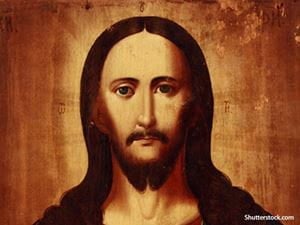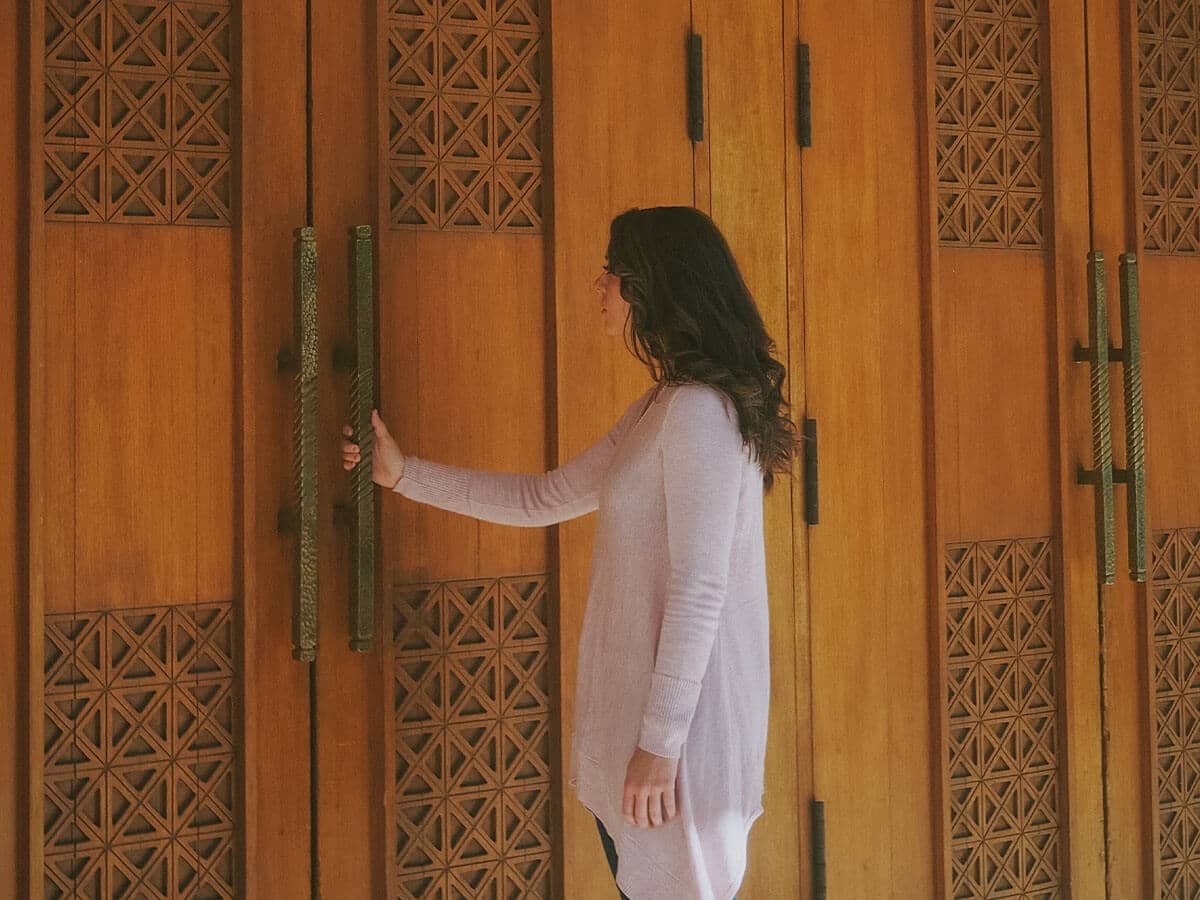
We are afraid. We hide in the shadows of cultural contempt. We are outnumbered by our own omission. Call it compromise--this is the life of the modern Christian in the world today. We accept sin, we tolerate corruption and serve ourselves. Our culture has shifted to the point where bad is good and good is bad. Just watch any reality show, we love the dysfunction. Outside of entertainment, political leaders have eliminated God from school and public arenas and this has impacted the moral code in America. If we disagree with moral decisions, we are considered racists, antagonists and overall intolerant. You can’t disagree anymore, either. You either shut up or prepare to be ostracized. If you really want to tick people off, just mention the most politically incorrect man who ever walked the earth—Jesus Christ.
Jesus would be frustrated today just as He was with the political factions that consisted of the Zealots, Pharisees, Sadducees and other revolutionary groups. They did not give him a glowing endorsement either. He offended many people, candidates and political parties. At the time there was a mix of ideologies and a melting pot of political and religious movements. The background of the cultural and political groups at war during His day seemed insurmountable.
There was the Zealot movement that began in the first century that incited violence against the Roman Empire. The Zealots wanted freedom from Roman oppression in the Judea Province. They were considered freedom fighters. Jesus opposed outward violence and this was a conflict, but He still preached love. The Sadducees saw Jesus as a threat and a religious fanatic. This faction was one of His main adversaries. The Pharisees hated Jesus for making them look bad to the leaders in Rome. The attention Jesus received was making leaders nervous. He was the Messiah and they did not like His association with sinners in the community.
Jesus did not care as He was setting an example and time was limited. He cared about the sinner. He said in Luke 7:3-9: "Now when the Pharisee which had bidden him saw it, he spake within himself, saying, This man, if he were a prophet, would have known who and what manner of woman this is that toucheth him: for she is a sinner.” He told Simon that the woman’s sins were plenty but she was forgiven. Jesus knew the repercussions for being bold in a cultural that was riffled with unbelief. He overturned tables in the temples in disobedience to the Jewish leaders and didn’t fear that Roman leaders knew he was sent by Yahweh to be King. In the end, Pilate had no basis to kill Jesus, but the Savior remained steadfast.
Would Jesus be more open-minded today, just like the rest of us in this unbalanced culture? You will get a resounding “no.” Author and journalist Joe Battaglia wrote the thought-provoking book, Incorrect Jesus. He was concerned about the intellectual dishonesty many well-meaning people embrace in an attempt to "mollify the self-appointed politically correct police in our midst. Stating truth and stating the obvious have suddenly become unacceptable, as now we’re supposed to affirm all opinions, behaviors and attitudes," he told Beliefnet columnist John Kennedy. Diversity in the politically correct sense is "accepting behaviors and positions of any and all kind regardless of whether they contradict God’s laws of creation," he concluded.
Battaglia wrote that we are committing intellectual suicide in being politically correct. The reason is we are assenting to things we know that are wrong because it is fashionable to do so. Political incorrectness scares us. If you read the definition--there’s nothing that is warm about the meaning. Collins Dictionary described it as people who do not care or “offend or upset any group of people in society who have a disadvantage, or who have been treated differently because of their sex, race, or disability.” This is simply false, and this is the reason believers are afraid to start a meaningful dialog. For example: If you confront someone who is very capable of working, and is receiving help from the government, the person is labeled as being intolerant of the poor. People do struggle in life and need help, and we should help them. The point is you can’t say anything about it or be honest without retribution. This is the reason for so much government waste.
"Tolerance is no longer two sides of the coin,” Battaglia wrote. “It is redefined and transformed into the suppression of opinion.” Jesus strongly opposed disobedience to God and sin. Political correctness defends this. It defends late-term abortion, it defends corruption, it defends infidelity and parades sin like a trophy under our noses. Jesus hates sin, but loves the sinner, although Jesus never said this. It was Mahatma Ghandi who said this! However, He did say to love people and gives us boundaries on how to handle our affairs. In a culture that hates boundaries, the person entering the intersection of culture and faith needs to make a conscientious decision to take the moral high ground. No one enjoys boundaries. They are loathed by adults and kids alike. We need them as a functional society to have law and order.
A Christian life needs boundaries if we are going to advance the Kingdom. Picking and choosing what is culturally acceptable is not the answer. In the world we don’t like limitations and what happens is that we become driven to live for pleasure. Anything that stifles us from moving forward is considered credulous and legalistic. We don’t deny ourselves. Jesus definitely did share that we need to if we want order. We can read this in Mathew 16 where Jesus turned to His disciples and said "If anyone wishes to come after Me, he must deny himself, and take up his cross and follow Me.”
Jesus did not cave into cultural pressures. He was politically incorrect then and is now. Were we not called to be a light in the world? Were we not called to be the salt of the earth? If you know Scripture—the answer is in black and white. We are afraid to shine because of persecution and being labeled as intolerant. There is a lack of a moral code today and when we lose this “moral compass, we lose our common sense,” said Battaglia. The dam has been opened, and whether we stop the flood of political correctness is up to us if we want to live like Jesus and pass on successful legacy to our children.

